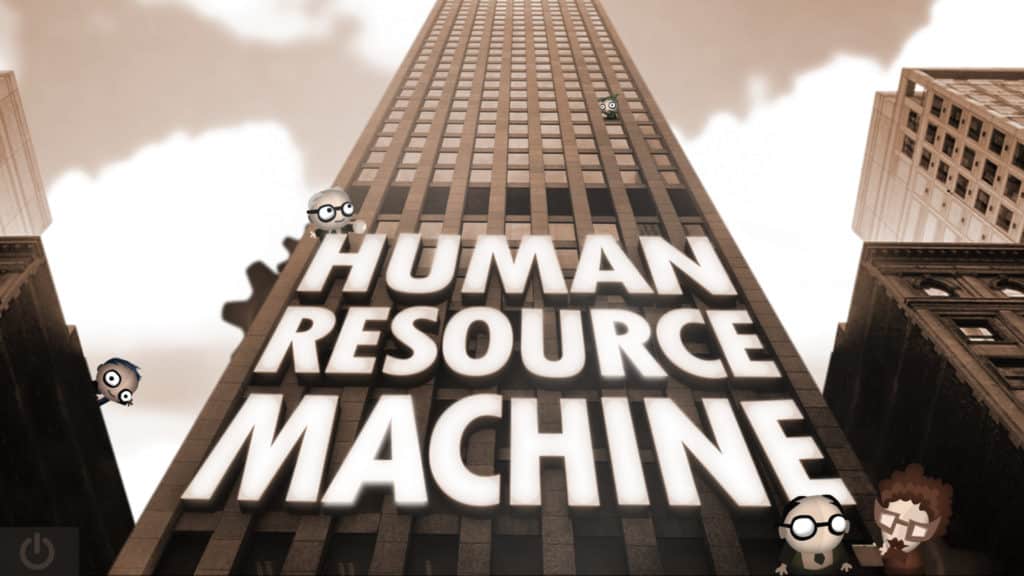
The mass of paper given by a single NPC can be overwhelming, with the player cross-checking multiple complex documents.

Each new day, the parameters of the work changes, and the player must adapt quickly and without failure.

This difficulty spike ensures the game remains challenging and engaging for the player from beginning to end, while adding to the feeling of panic and wasted time.

Not only must the player fight the ticking clock, but they must adapt to and deal with the increasing number of daily changes to the job itself. There is no chance for second guessing, as every moment the player takes to double check a date or passport number means less time to process the rest of the line. The contrast between the attention to detail the job requires and the fast-paced nature the game imposes on the player invokes constant stress. Time is fleeting, and yet in order to do a consistently good job, the player must navigate an increasingly large pile of papers, thoroughly examining them for mistakes and inconsistencies. Therefore, there is a constant pressure on the back of the player’s mind. In the bottom right of the screen, a continuously ticking clock acts as a reminder that the day is finite. There is very little time to waste playing Papers Please. Home life is a brief and temporary distraction from the real game-work. This structure highlights the way Papers Please uses time to indicate importance to the player. The lack of time spent at home priorities work as essential and important, with the player’s family as an afterthought. Meanwhile, the world of work is active, busy, and engaging.
#Papers please game play online full
If a full day can take six minutes to complete, this section can take less than 30 seconds. It is brief, undetailed, and abstract. This screen is the entirety of the player’s home life, and is the most frequent interaction they have with their in-game family. The player distributes their meager earnings amongst heat and food, choosing whether that day the family will starve or freeze (unless the player is able to earn enough money for both). This is followed by a brief, static screen of white and green text on a black background. Most of the day is spent in the immigration booth, looking over papers until the horn signals the end of the day. The core gameplay loop of Papers Please designates work as of the utmost importance. It is not only through paperwork and armed guards that Askrokia maintains its power, but from the way it controls the player’s limited and valuable time. And yet the player is still dependent on their job to ensure their family’s survival. The player seemingly has little agency, yet directly controls the lives of every applicant that enters their booth.

This framing allows the opportunity to explore complex issues of bureaucracy, borders, and the way the state controls individual freedoms. Papers Please has a simple central concept: you are an immigration officer, checking passports and entry documents for a seemingly endless line of desperate people, hoping they can enter the glorious country of Askrokia. Lucas Pope’s 2013 game Papers Please has been rightfully celebrated for the way it utilises aesthetics and gameplay to provide the experience of being a powerless arm of an authoritarian dictatorship.


 0 kommentar(er)
0 kommentar(er)
